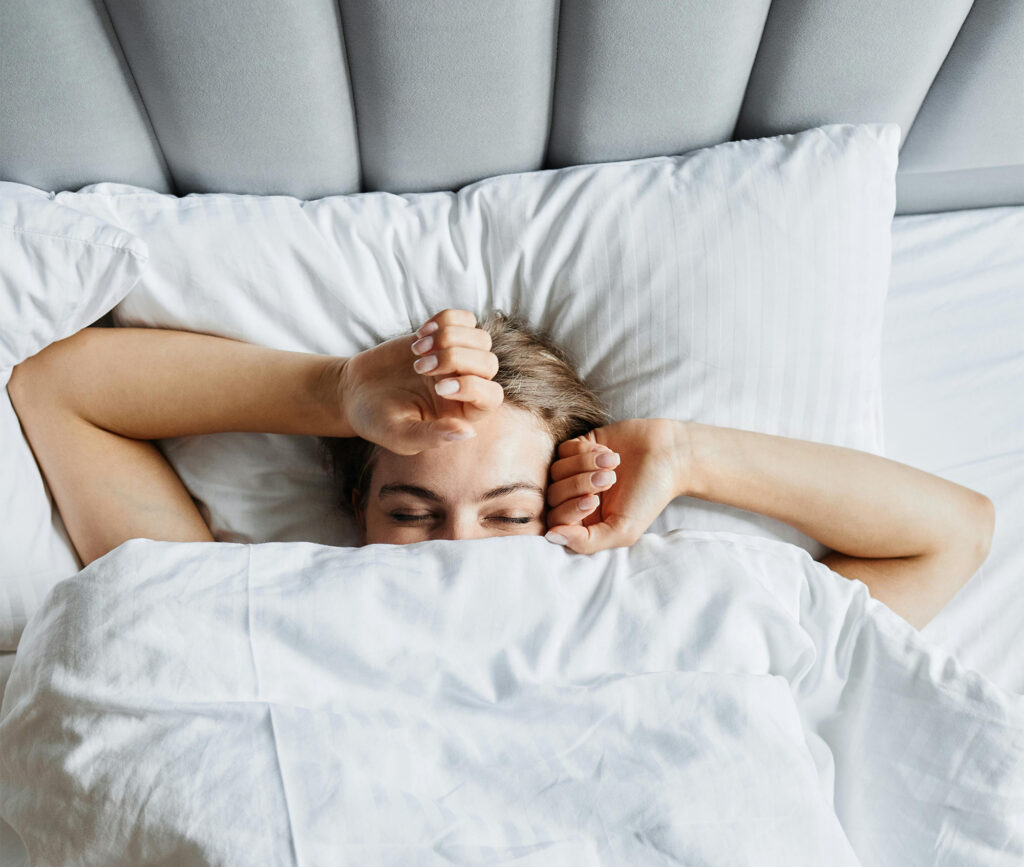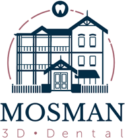What Is Obstructive Sleep Apnoea and How Can a Dentist Help?
Is snoring keeping you or your family awake? Loud snoring or waking up suddenly in the night can sometimes be a symptom of a more serious problem, such as obstructive sleep apnoea (OSA).
If you think you might have OSA or another sleep disorder, talking to your doctor or a dentist could help.

What is obstructive sleep apnoea (OSA)?
Obstructive sleep apnoea is a condition in which the airway becomes blocked during sleep. This is often characterised by loud snoring, waking up choking or gasping for air in the night, and feeling tired and unrefreshed in the daytime. Many people with OSA are not aware that they have it, and OSA symptoms may also indicate another sleeping disorder.
OSA is more common in people who are overweight, or have a narrow throat or large tongue, which can cause the airway to block more easily. Increasing rates of obesity are thought to be linked to the increased rate of clinically significant OSA, which is thought to affect around 25% of men and 9% of women.
As well as causing fatigue and affecting concentration and reaction times that can lead to a higher risk of accidents, sleep apnoea has also been linked to other health problems. These may include heart attacks, high blood pressure, impotence, obesity, stroke and type-2 diabetes, as well as mood disorders such as anxiety and depression.
How is OSA diagnosed?
If you think you might have sleep apnoea, you should make an appointment to see your dentist or GP. They can examine your throat and discuss your symptoms, and they may refer you to a sleep physician.
Sleep apnoea diagnosis may involve an overnight sleep study. This allows a physician to observe your symptoms and experiences so they can develop a tailored treatment plan.
How is OSA treated?
Your doctor, dentist or sleep specialist will recommend sleep apnoea treatments based on your individual situation. These may include:
- Lifestyle changes – snoring and sleep apnoea are more likely to happen if you are overweight, smoke, consume excessive alcohol, stimulants or sedatives, or have an irregular sleeping routine. Addressing these factors could make OSA symptoms less severe and treatments more likely to be effective.
- Changing your sleeping posture – snoring and sleep apnoea are more likely if you sleep on your back. If you find it difficult to adjust your sleeping position, a device may be worn to prevent you from rolling onto your back.
- Nasal sprays – if your OSA may be linked to nasal allergies or congestion, sprays and decongestants could help to ease the symptoms.
- Oral appliance – your dentist may prescribe a custom-fitted device similar in appearance to a mouthguard. This can help to keep the airway open during sleep.
- Continuous Positive Airway Pressure (CPAP) – this treatment may be recommended for moderate to severe OSA symptoms. It involves pumping a continuous supply of air through a face mask during sleep, which helps to hold the airway open.
- Surgery – in the most severe cases where other treatments are not effective, surgery may be recommended to remove tissues from the airways and prevent blockage. However, this involves medical risks that your dentist or surgeon will make sure you understand.
Discuss snoring solutions with a Mosman dentist today
If you want to know more about snoring and sleep apnoea treatments available at Mosman 3D Dental, call our friendly team on (02) 9969 8610 or contact us today.

